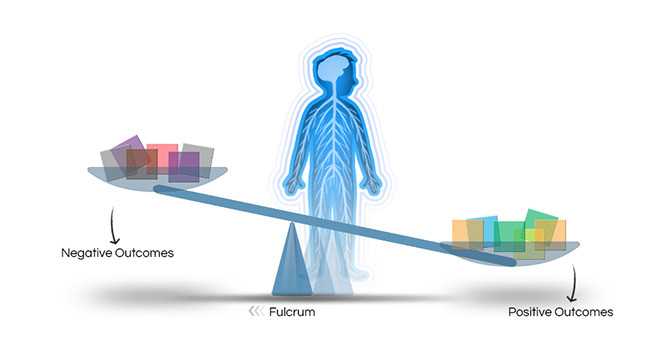
In times of adversity, having a strong sense of resilience is essential. Resilience is the ability to bounce back from difficult situations and navigate through life’s challenges with strength and adaptability. It is a quality that can be cultivated and strengthened with the right resources and support.
One essential resource for boosting resilience is hope. Hope is a powerful force that can help us stay positive and motivated, even in the face of adversity. It gives us the belief that things can get better and encourages us to keep moving forward. Cultivating hope can be done through various practices, such as positive affirmations and visualization exercises.
Another important resource for building resilience is support. Having a strong support system can provide a sense of belonging and create a safe space for sharing and processing emotions. Support can come from friends, family, or even online communities. It is important to reach out and lean on others when needed, as they can offer guidance, encouragement, and a listening ear.
Mindfulness is also a valuable tool for enhancing resilience. Practicing mindfulness allows us to stay present and grounded, even in challenging situations. It helps us to observe our thoughts and emotions without judgment, allowing us to respond to stressors in a more calm and rational manner. Incorporating mindfulness techniques, such as deep breathing or meditation, into our daily routine can greatly improve our coping skills.
Empowerment is another key resource for boosting resilience. Empowerment involves taking control of our own lives and making choices that align with our values and goals. It is about recognizing our own strengths and abilities, and using them to overcome obstacles. By taking ownership of our actions and decisions, we can build confidence and resilience in the face of adversity.
Lastly, connection is an essential resource for building resilience. Humans are social beings, and having meaningful connections with others is crucial for our well-being. Building and nurturing relationships can provide emotional support, a sense of belonging, and a network of people to lean on during difficult times. Whether it’s through joining a club, volunteering, or reaching out to old friends, fostering connections can greatly enhance our resilience.
Mental Health Support
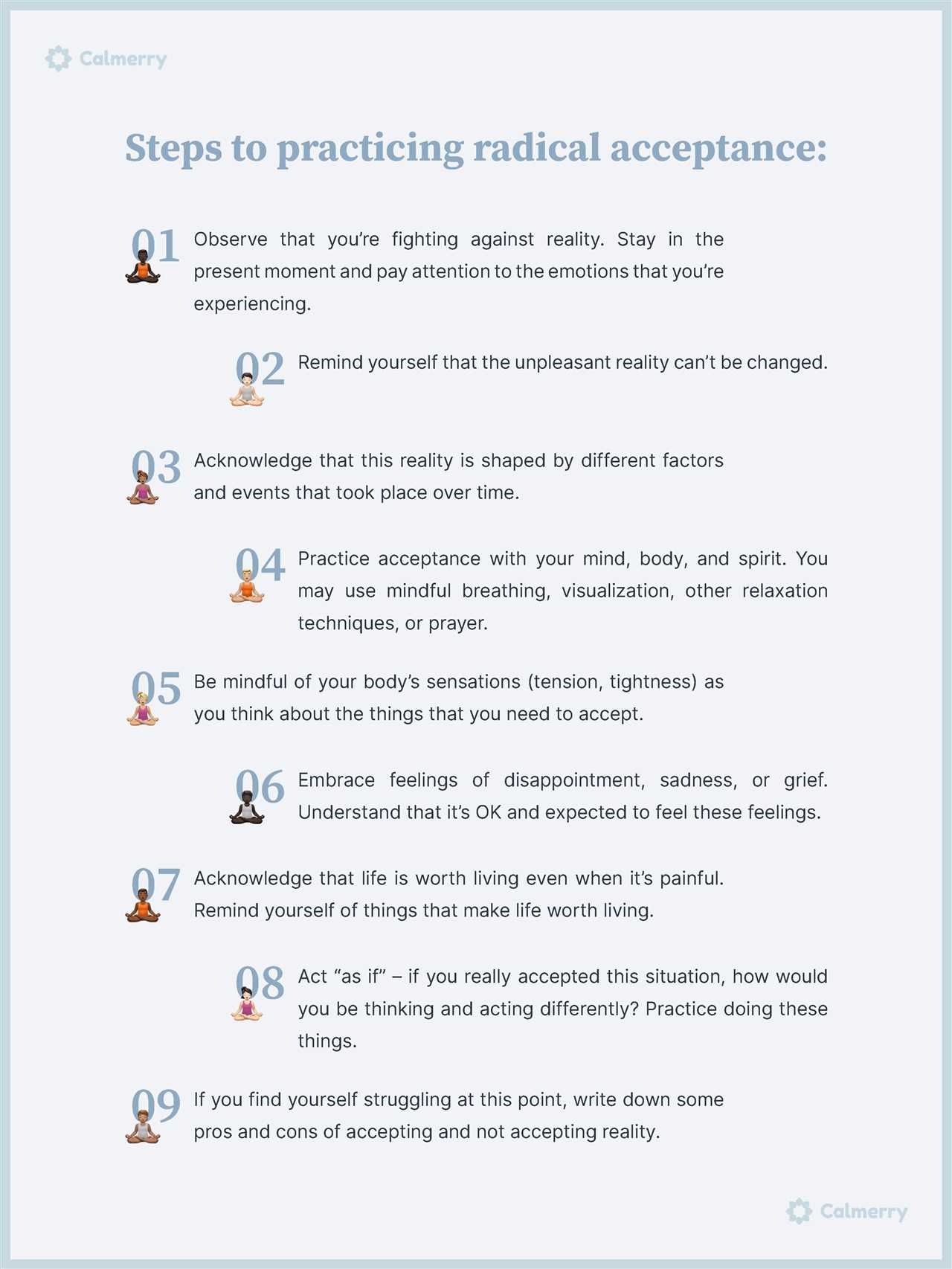
Mental health is an essential aspect of our overall well-being. It is important to prioritize our mental health in order to build strength, resilience, and adaptability. Fortunately, there are many resources available to provide support and promote growth in this area.
One of the key elements of mental health support is connection. Building strong relationships and having a support system can greatly enhance our ability to cope with challenges and stress. Seeking out trusted individuals who can provide a listening ear and offer guidance can make a significant difference in our mental well-being.
Mindfulness is another valuable tool for maintaining mental health. Practicing mindfulness involves being present in the moment and paying attention to our thoughts and feelings without judgment. It can help us become more aware of our emotions and develop healthier ways of coping with stress.
Empowerment is also crucial in mental health support. It involves recognizing our own strengths and abilities and using them to overcome obstacles. Empowerment can come from setting goals, taking action, and celebrating our achievements, no matter how small they may be.
Lastly, seeking professional help is an important part of mental health support. Therapists and counselors can provide guidance, tools, and strategies to help individuals navigate through difficult times and develop resilience. They can also offer a safe space for individuals to express their thoughts and emotions without judgment.
Overall, mental health support is a vital component of our well-being. By prioritizing our mental health and utilizing the available resources, we can build strength, resilience, and adaptability to face life’s challenges with confidence.
Therapy and Counseling
Therapy and counseling are essential resources that can provide support, hope, and empowerment to individuals facing various challenges in life. Whether you are dealing with mental health issues, trauma, or simply looking for guidance, therapy and counseling can offer valuable tools for coping, adaptability, and strength.
Through therapy and counseling, individuals can develop a deeper understanding of themselves, their emotions, and their experiences. This self-awareness can lead to personal growth and the ability to navigate life’s ups and downs with resilience.
Therapy and counseling also emphasize the importance of connection and relationships. By working with a therapist or counselor, individuals can build a strong support system and develop healthy coping mechanisms. This support system can provide a sense of belonging and community, fostering a sense of hope and empowerment.
Furthermore, therapy and counseling can help individuals develop the skills and strategies needed to overcome challenges and adapt to new situations. This adaptability is essential in today’s rapidly changing world, where individuals often face unexpected obstacles.
Overall, therapy and counseling offer a safe and confidential space for individuals to explore their thoughts, emotions, and experiences. They provide a foundation for personal growth, resilience, and the ability to face life’s challenges with strength and determination.
| Benefits of Therapy and Counseling |
|---|
| Support |
| Hope |
| Empowerment |
| Coping |
| Adaptability |
| Strength |
| Connection |
| Growth |
Support Groups
Support groups can be a valuable resource for individuals looking to boost their resilience. These groups provide a safe space for individuals to share their experiences and connect with others who are going through similar challenges. Coping with difficult situations can be overwhelming, but support groups offer a sense of community and understanding that can help individuals build their adaptability and grow stronger.
Being part of a support group can provide emotional support and encouragement, which can be instrumental in developing resilience. The shared experiences and stories of others in the group can offer hope and inspiration, reminding individuals that they are not alone in their struggles. This connection with others can foster a sense of belonging and provide a support system that can help individuals navigate through tough times.
In addition to emotional support, support groups can also offer practical guidance and resources for building resilience. Group members can share strategies and techniques that have helped them in their own journey towards resilience. This exchange of knowledge can help individuals develop new coping mechanisms and strengthen their ability to bounce back from adversity.
Mindfulness is often a key component of support groups. Being present in the moment and cultivating a non-judgmental awareness can help individuals develop a greater sense of self-awareness and acceptance. This can be especially beneficial in building resilience, as it allows individuals to acknowledge their emotions without judgment and work towards finding constructive ways to deal with challenges.
Overall, support groups can be a powerful tool in boosting resilience. They offer a supportive environment where individuals can share their experiences, find strength in connection, and gain hope for the future. By participating in support groups, individuals can develop the skills and mindset needed to navigate through adversity and emerge stronger and more resilient.
Self-Help Books and Apps
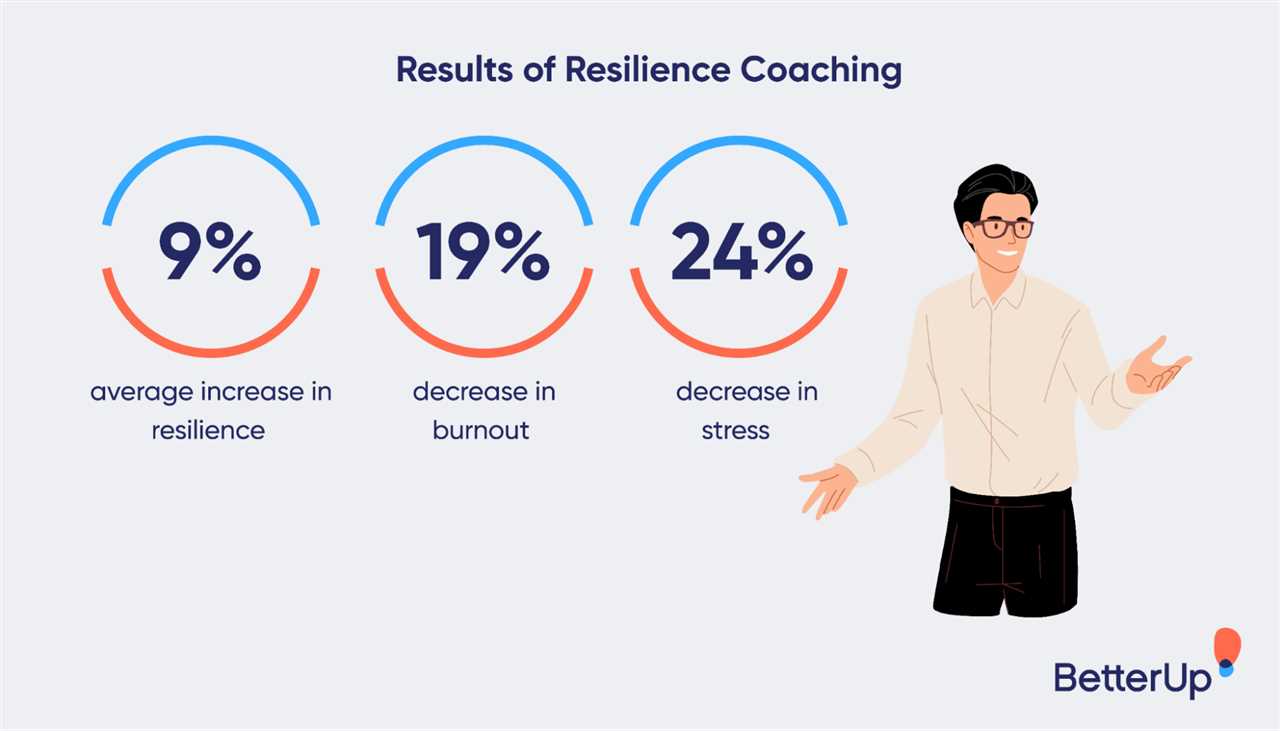
When it comes to personal growth and building resilience, self-help books and apps can be valuable resources. These tools provide individuals with hope and guidance, helping them develop coping strategies and adaptability skills to face life’s challenges.
Self-help books offer a wealth of knowledge and insights, empowering individuals to take control of their lives. They cover various topics such as mindfulness, empowerment, and strength, providing practical advice and techniques to overcome obstacles and cultivate resilience.
Apps, on the other hand, offer a convenient way to access self-help resources on the go. Whether it’s a meditation app that promotes mindfulness or a journaling app that encourages self-reflection, these tools provide support and guidance at your fingertips.
Both self-help books and apps can serve as important tools in building resilience. They offer different approaches and perspectives, allowing individuals to find what resonates with them the most. Whether you prefer reading a book or using an app, these resources can help you develop the skills and mindset needed to navigate life’s challenges with strength and resilience.
Physical Well-being
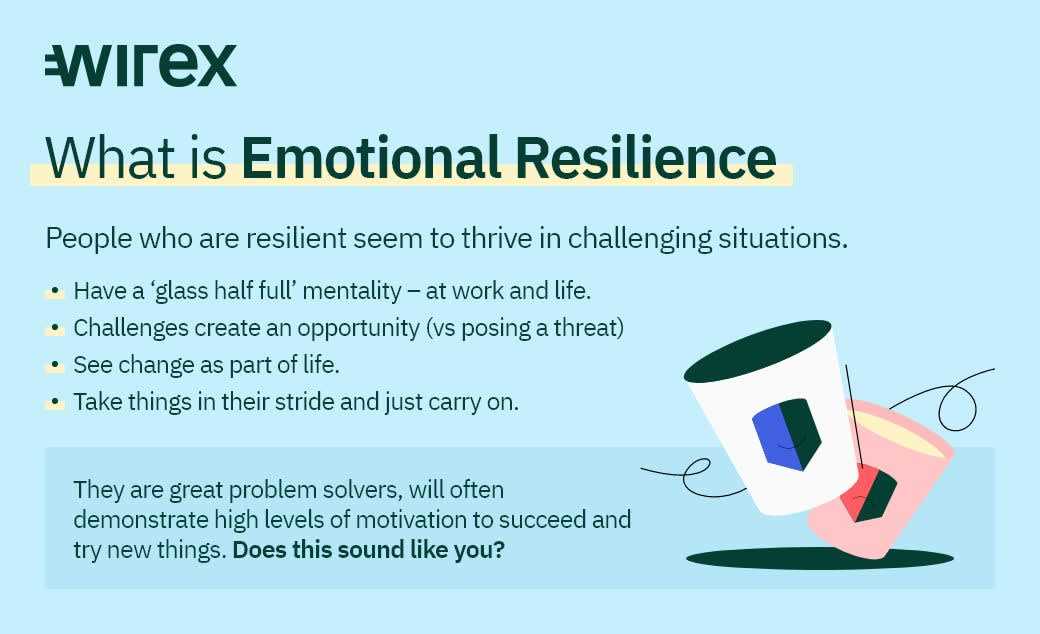
Physical well-being is an essential aspect of building resilience. Taking care of our bodies helps us stay connected to our overall well-being and promotes growth and empowerment. When we prioritize our physical health, we are better equipped to cope with challenges and navigate through difficult times.
Mindfulness plays a crucial role in maintaining physical well-being. By practicing mindfulness, we can tune into our bodies and listen to what they need. This awareness allows us to make choices that support our physical health and prevent burnout.
Support from others is also important for physical well-being. Having a strong support system can provide the encouragement and motivation needed to prioritize self-care. Friends, family, and professionals can offer guidance and resources to help us strengthen our physical well-being.
Physical strength and adaptability are key components of resilience. Regular exercise and physical activity help build strength and flexibility, both physically and mentally. Engaging in activities that challenge us physically can increase our resilience and help us face adversity with confidence.
Overall, prioritizing physical well-being is essential for building resilience. By taking care of our bodies and making choices that support our physical health, we can enhance our overall resilience and better cope with life’s challenges.
Regular Exercise
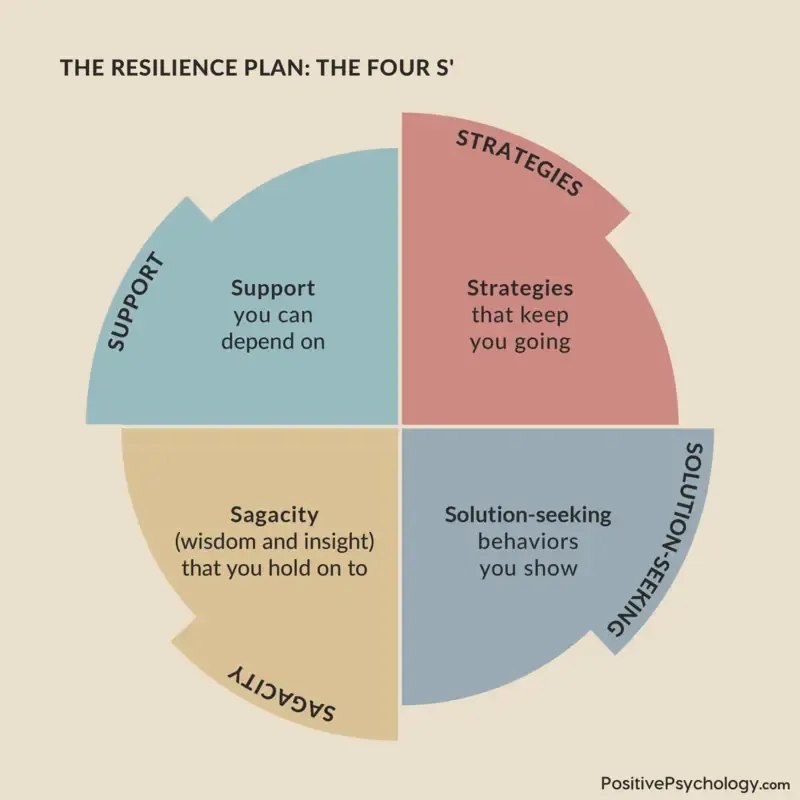
Regular exercise is an essential tool for boosting resilience. It provides a sense of empowerment and control over our physical and mental well-being. Exercise enhances our adaptability and helps us cope with stress and challenges. It supports our overall growth and development by improving our physical strength and endurance.
Engaging in regular exercise also fosters a sense of connection with others. Whether it’s participating in group activities or sharing experiences with friends and loved ones, exercise can bring people together and create a supportive network. This support system plays a crucial role in building resilience and providing encouragement during difficult times.
Exercise is not just about physical fitness; it also promotes mental well-being. Through activities like yoga or meditation, individuals can practice mindfulness and enhance their ability to stay present and focused. This mindfulness can help us navigate through life’s ups and downs with greater resilience and emotional stability.
Overall, regular exercise is a powerful tool for building resilience. It empowers us, enhances our adaptability, and provides coping mechanisms. It supports our growth and strength, fosters connection, and promotes mindfulness. Incorporating exercise into our daily routine can significantly contribute to our overall well-being and resilience.

I am Patrina de Silva, a psychologist and mental health blogger in Sri Lanka. After obtaining psychology degrees from the University of Colombo and Monash University, I returned home to work as a counselor while also starting the popular blog “Pressy but Happy” to provide advice on psychological issues. Over the past decade, my empathetic articles have made my blog a leading mental health resource in the country. In addition to writing, I maintain a private therapy practice, frequently volunteer counseling time, and conduct seminars, driven by my passion for destigmatizing mental illness and educating the public on the mind-body connection. I strive to be an influential voice in my field through my compassionate approach.
